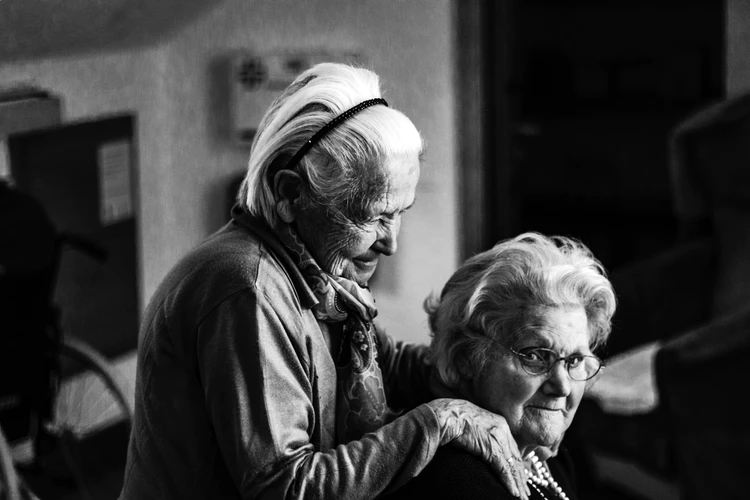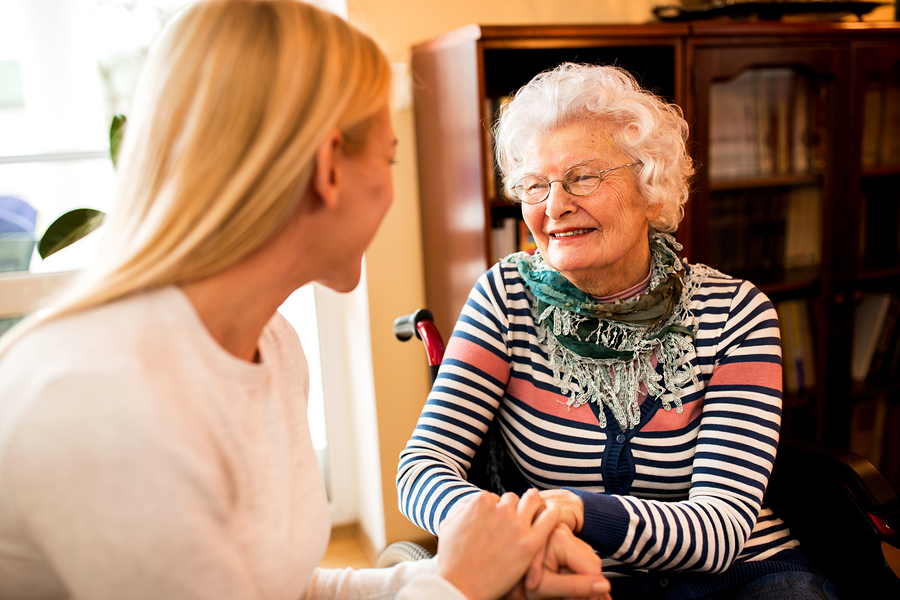
By the time that your parents will not have the capability to take care of themselves, the next thing you know is that you are bearing the responsibility of taking care of them. While this is not an issue for you, having this responsibility may make it harder for you to take care of your children.
If you find this overwhelming, you can follow these tips to help make this task bearable.
1. Keep everything organized.
With all the things that you have to take care of, it would be best to create a functioning schedule that everyone can follow. Make your whole arrangement more doable by following a routine. When you have daily things to do, it will lessen the mistakes that you will commit, and you will most likely finish everything on time. When you keep track of the schedule and the assigned tasks for that specific time, you will be less likely to skip any crucial tasks.
2. You may need help because you can’t do everything.
When given a responsibility, you always do everything to make sure that you have accomplished it properly. The same goes for taking care of everyone. Attending to the needs of your parents and your kids can be very daunting. The mere fact that you have to deal with two different generations may be too much for you.
With all the household chores and the baby stuff going on, it is hard to insert enough time to attend your parents’ needs. It may be impossible for you to accomplish tasks physically. If that is the case, then it would be best to ask people for help. You can approach various support groups to give you tips on how to handle such responsibilities.
You may also look for people who can take care of your children or your parents when you are at work or when you are running for some errands.
3. Make everyone feel that they are safe in your home.
The elderly value safety. So, if your parents live with you, be sure that you make them feel that your place is a sanctuary. Assure them that they are staying in a safe place. The space of your home is enough that they do not get hurt as they move around.
Avoid any untoward incidents in your home, as these may cause your parents to be injured.
4. Consider the idea of changing your job.
When your job prevents you from providing full care to your kids and parents, you may want to consider changing your career. There are a lot of flexible jobs, which can help you attend to your family commitments without sacrificing your income.
You may want to try jobs that give you the capacity to work at home, or jobs that only require you once or twice a day to be at the office. Not only will you be able to check on your kids and parents properly, but you can also save a lot of time and money from commuting.
Taking care of yourself is essential, especially since there are a lot of things on your plate right now. Make sure that you get enough time to sleep and food to eat as you face each day with more and more tasks. Learn to socialize and breathe once in a while.




